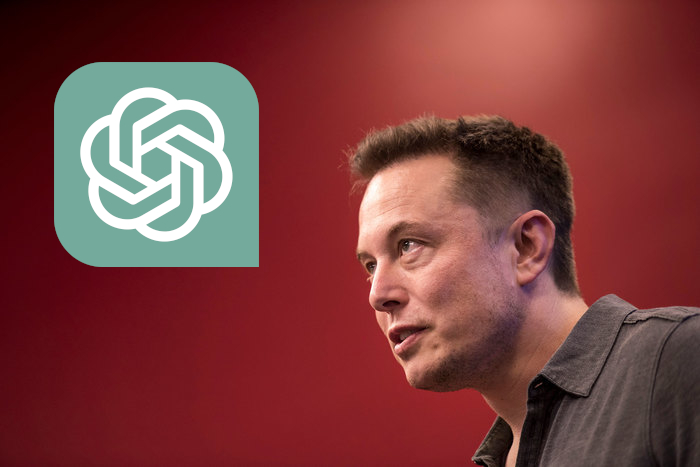After OpeanAI’s ChatGPT took the world by surprise and gained 1 million users in only the first 5 days, became the fastest growing platform by gaining 100 million users in January, and getting a 10 billion dollars investment from Microsoft, Google had no option but to announce it’s own AI in response.

After ChatGPT’s success, all big tech companies have moved their focus to AI, including china’s Baidu, Google, Amazon, and IBM. These companies were already investing money and resources in AI long before this, but now that Microsoft has a strong foothold in this industry, they have to improve or Microsoft will have a monopoly in this field.
Microsoft has already integrated ChatGPT with Bing, which could give Bing an advantage over Chrome. To counter this, Sundar Pichai, CEO of Google and Alphabet, unveiled Bard on 6th Feb. As of writing this post, It is only available for beta testers and not the public. The Announcement was very rough as after a factual error in its first demo, it resulted in a loss of $100 billion in market value for Alphabet.
The above tweet is the reason for the enormous $100 billion fall. It shows a gif asking Bard “What new discoveries from the James Webb space telescope can I tell my 9-year-old about? ” to which Bard replies with a few points, one of which is “JWST took the very first pictures of a planet outside of our own solar system” which was incorrect as it was not JWST but The European Very Larg Telescope which was responsible for the first pictures of exoplanets. All of this resulted in a 9% drop in Alphabet shares and an increase of 3% in Microsoft shares.
“Google has been scrambling over the last few weeks to catch up on Search and that caused the announcement yesterday (Tuesday) to be rushed and the embarrassing mess up of posting a wrong answer during their demo.” -Gil Luria, senior software analyst at D.A.
All is not lost for Bard yet, as it might have a decisive advantage over ChatGPT, that is its natural language model is based on newer data whereas ChatGPT mainly trained on data that was available prior to 2021.




